CCTV9英语新闻:New Money 04/02/2016 Rice, Chicken & Smartphone
时间:2019-02-19 作者:英语课 分类:cctv9英语新闻2016年
Rice cultivation revives China's deserts
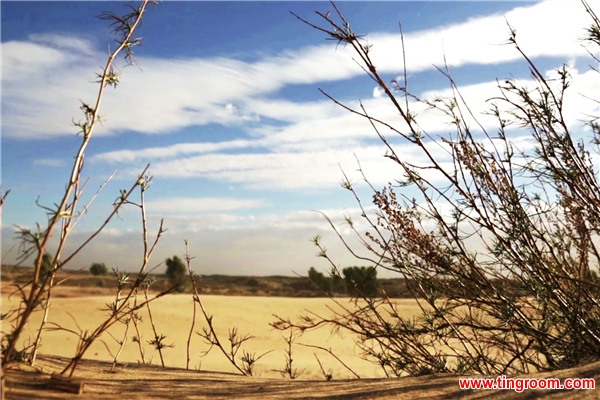
Deserts account for more than 12 percent of China's land base and aren't known for being the best spots to grow crops. But Teng Fei and his company decided to take a chance anyway and try to turn some of Inner Mongolia's arid acreage into productive rice paddies.

The first step was to bulldoze some hills into level ground. Then came the tricky part -- covering the flattened land with plastic film and topping that with sand to prevent the scarce moisture from escaping.
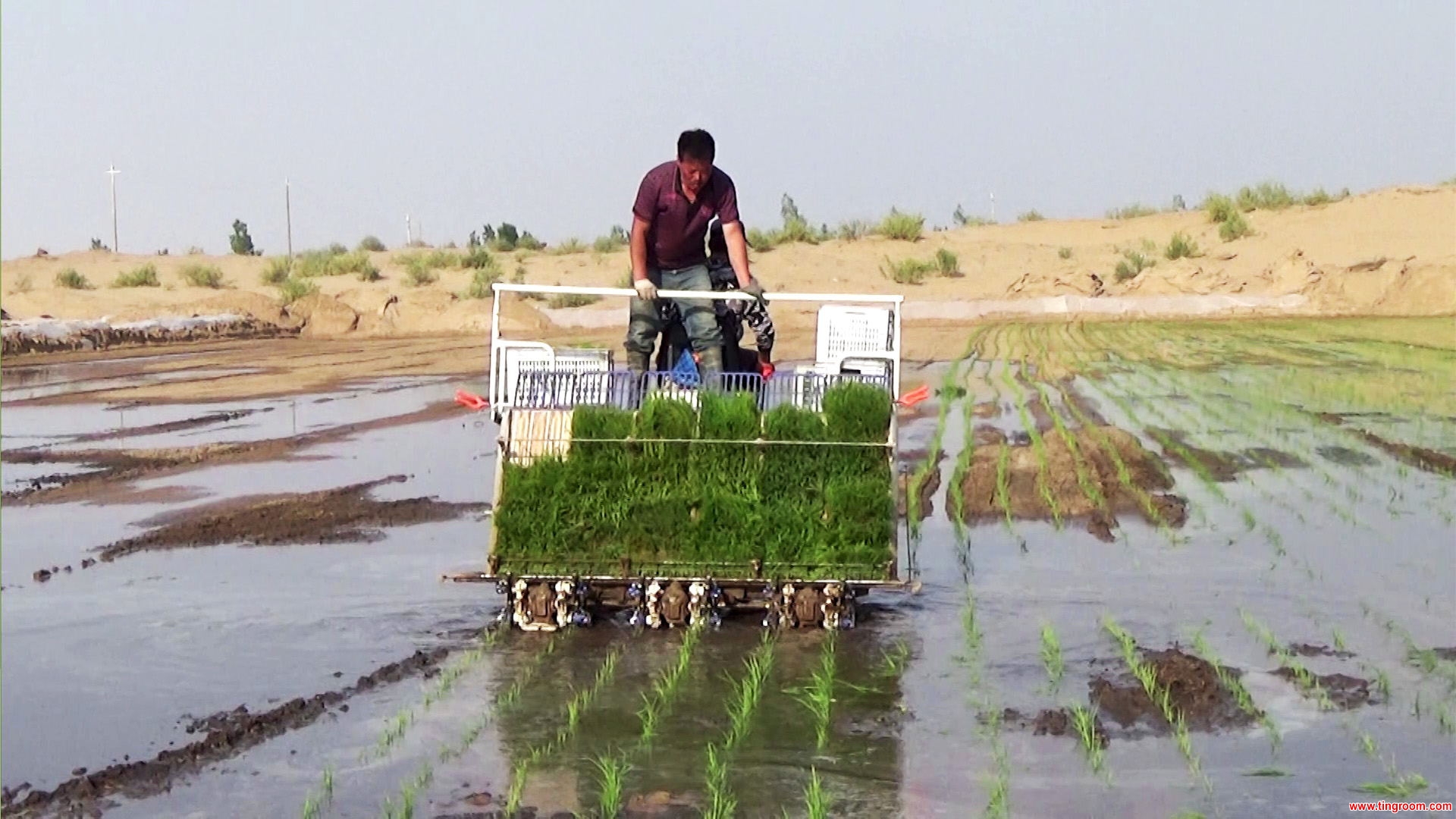
In the meantime, farmers raised rice seedlings in greenhouses. When the plants are ready, water is pumped from underground and channeled to different paddies. The rest of the steps are similar to normal rice cultivation.
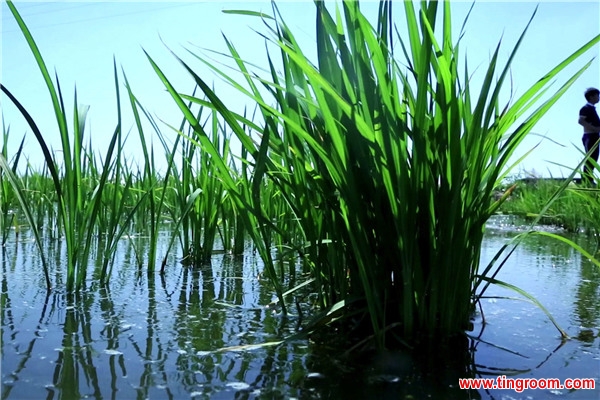
The company's first cultivation of rice in 2013 used 3.5 hectares of desert. By the end of 2015, the amount of rice paddies had expanded 100 times and produced more than 700,000 kilos of rice known as “Shami.”
But how does the company solve its labor problems and how is the rice sold? Watch this video to find out.
New farmers try to revive rural China
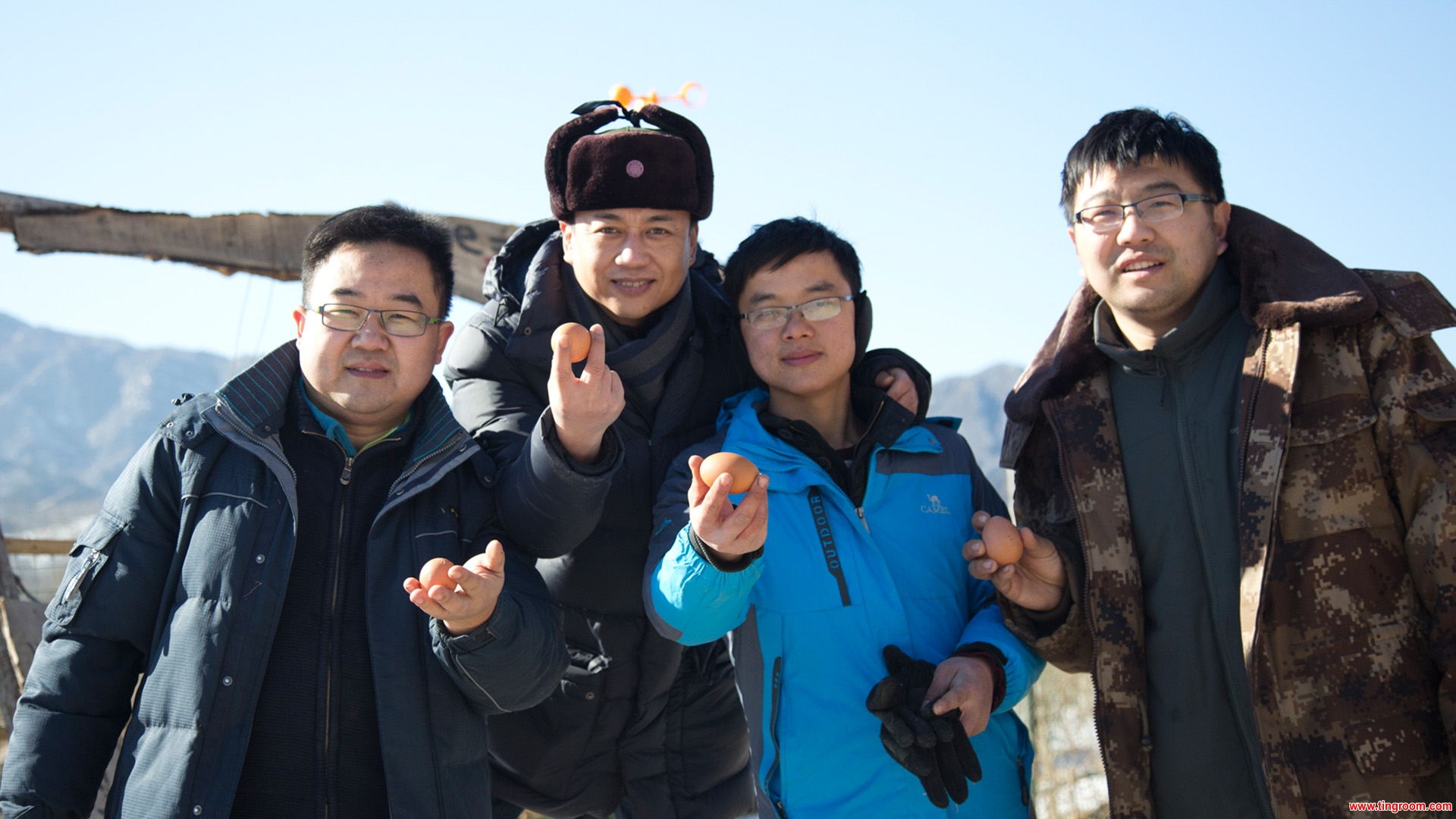
A senior sales man, a veterinary medicine graduate, a university researcher and an Internet company employee started a chicken farm in a Beijing suburb in 2015. They named their farm “Einstein” to honor the great physicist and symbolize their educational backgrounds in natural science. They call themselves “new farmers.”
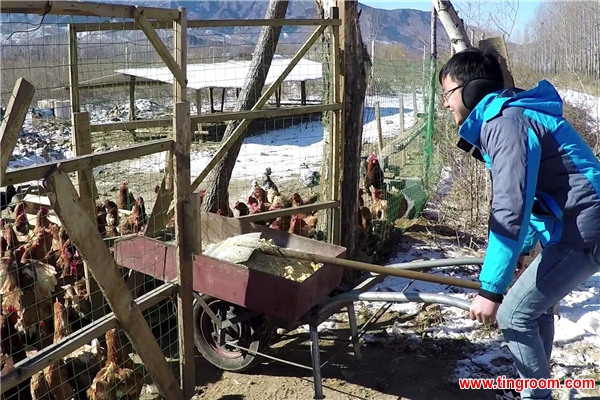
The partners raise their chickens organically and sell the meat and eggs to about 100 customers and friends across China through social media. They call their business model “Community Supported Agriculture,” or CSA.
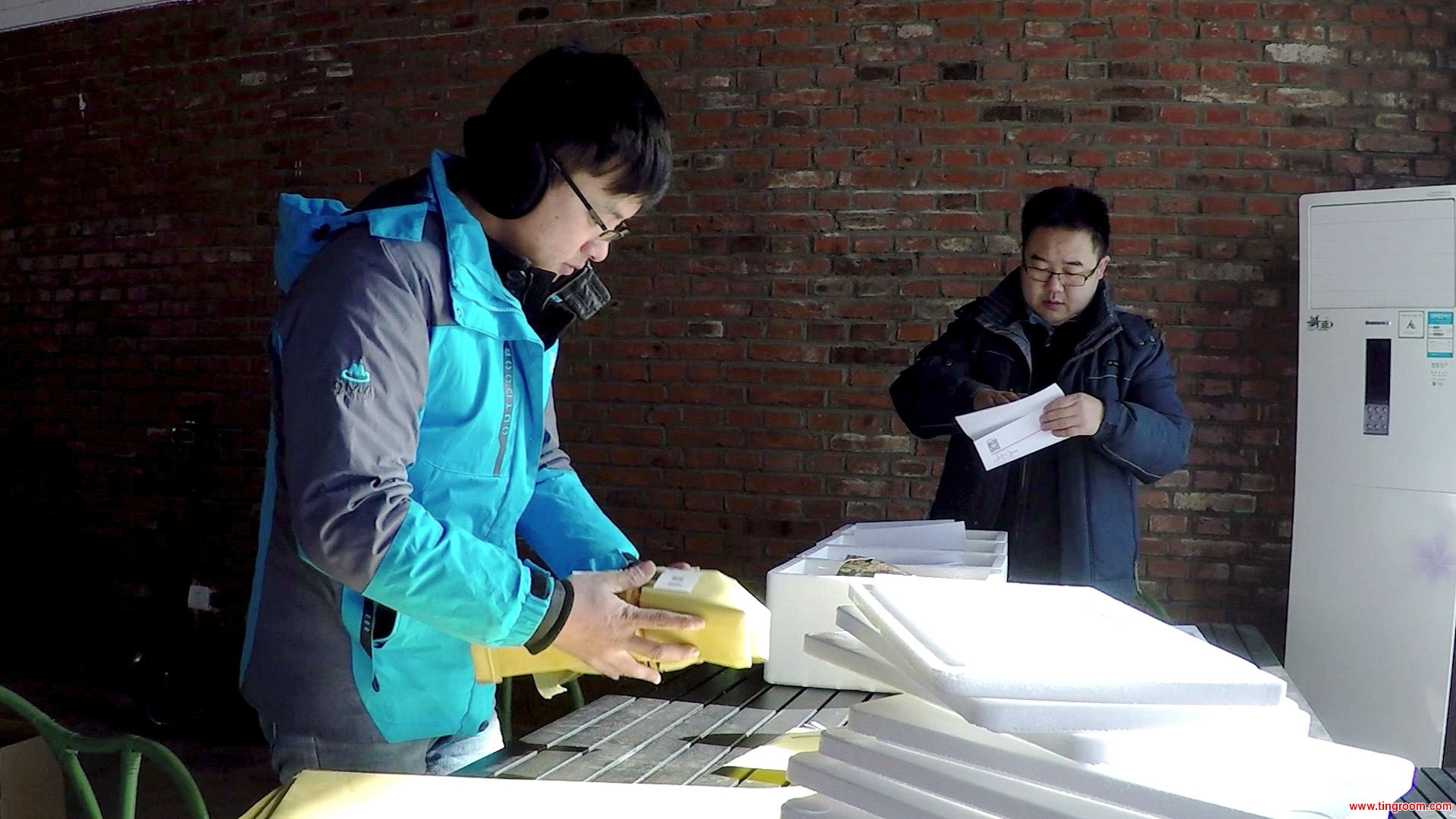
CSA refers to a partnership between farmers and a group of individual consumers that shares the risks and benefits of food production. CSA members subscribe to a farm and periodically receive some of its produce. Experts estimate that China has about 1,000 CSA farms like Einstein.
What challenges and opportunities do CSA farms face? And what is it like to be new farmers? Check out this video.
Smartphone app serves famers co-ops
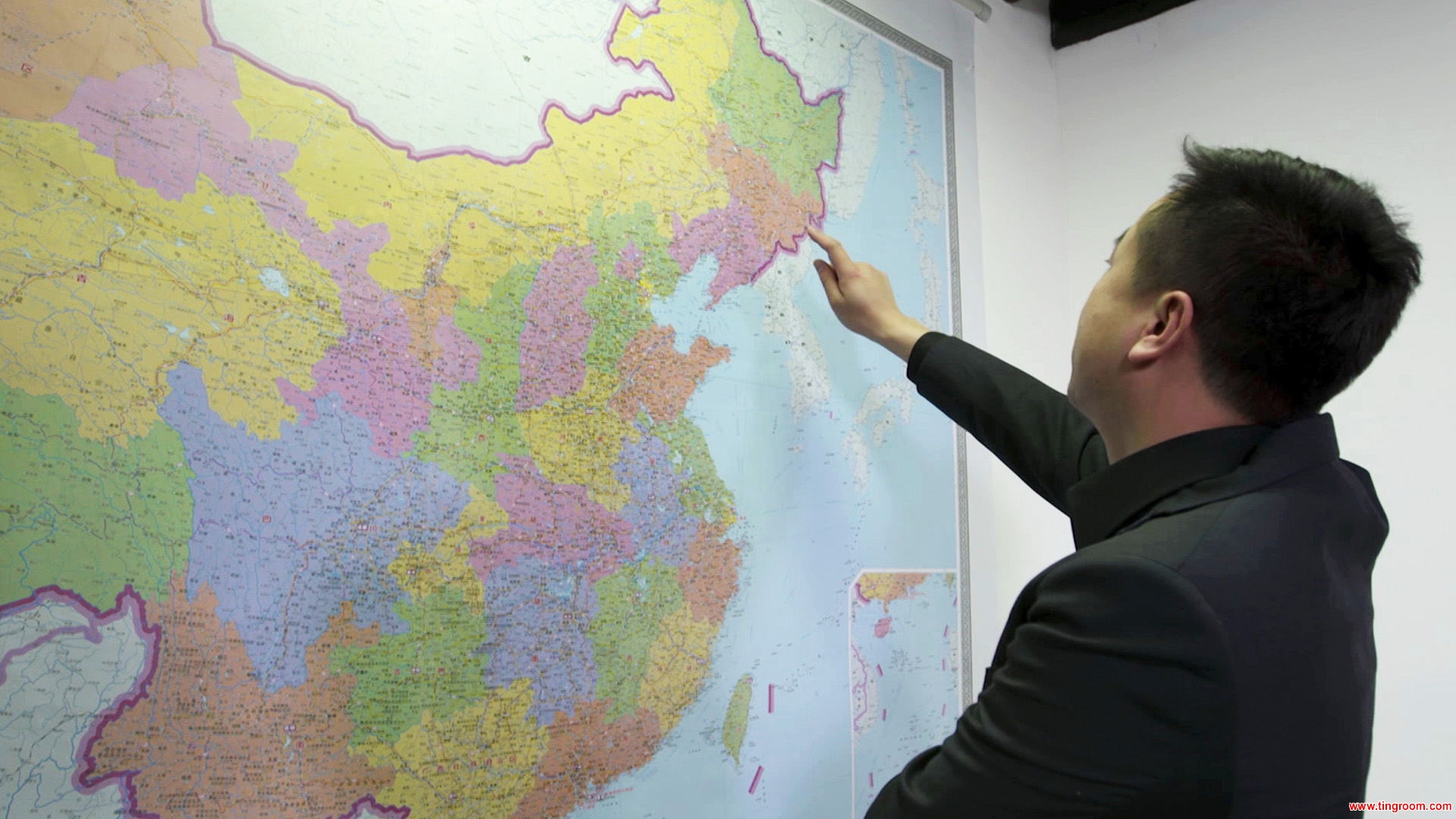
China has nearly 2 million farmers’ cooperatives, which are composed of several families and operate like a small company. Because of their small sizes, many co-ops run at a distinct disadvantage in financing, raw material purchasing, marketing and technology.
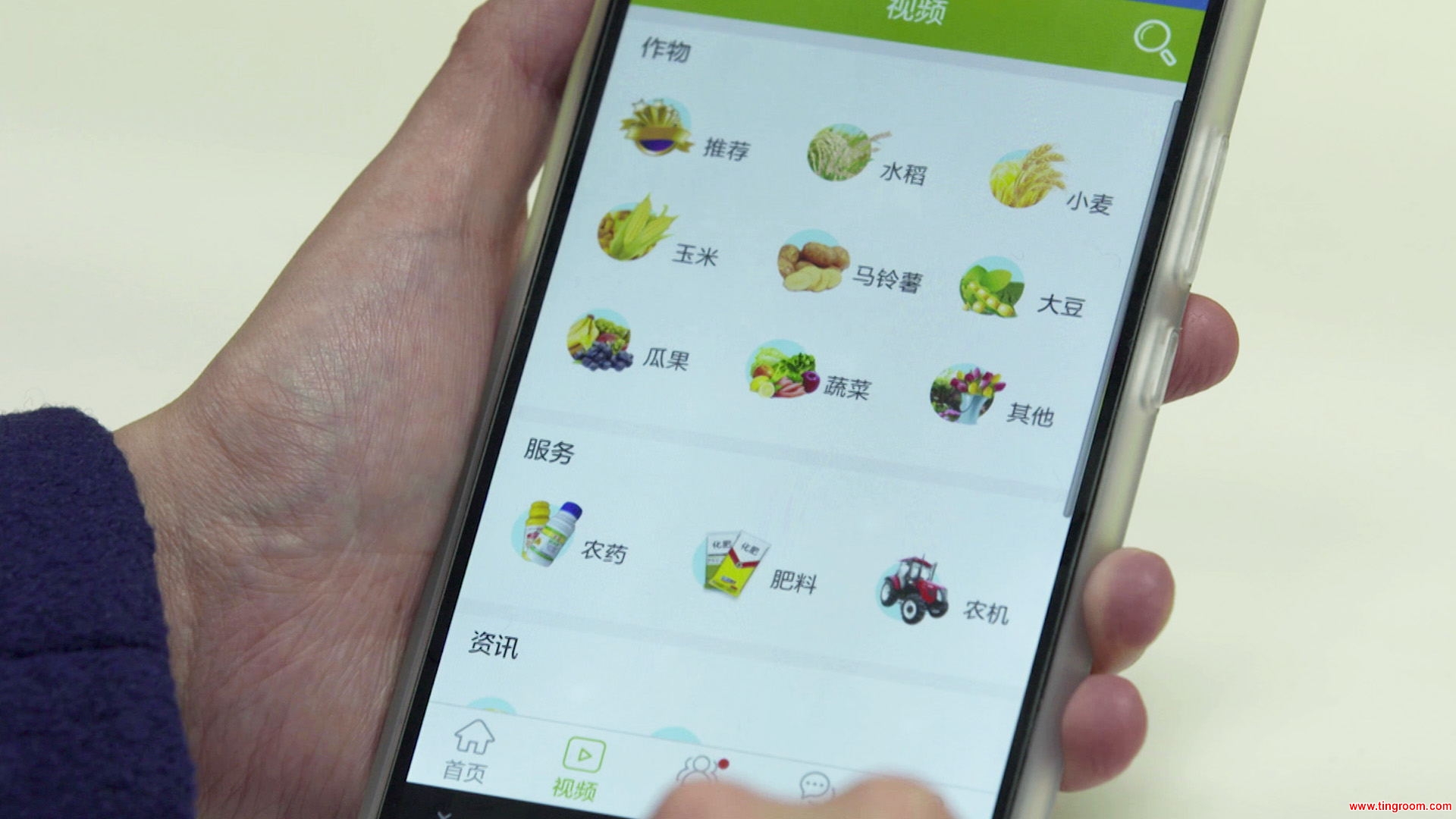
Seeing these problems, Wang Lei and his business partners launched the smartphone app, Nongguanjia, in mid-2015 to help farmers’ co-ops. Co-op users can use the app to apply for loans from Internet financing companies by mortgaging their certified farmland. They can also buy seeds, fertilizer and machinery at discounted prices through Nongguanjia’s partnership companies.
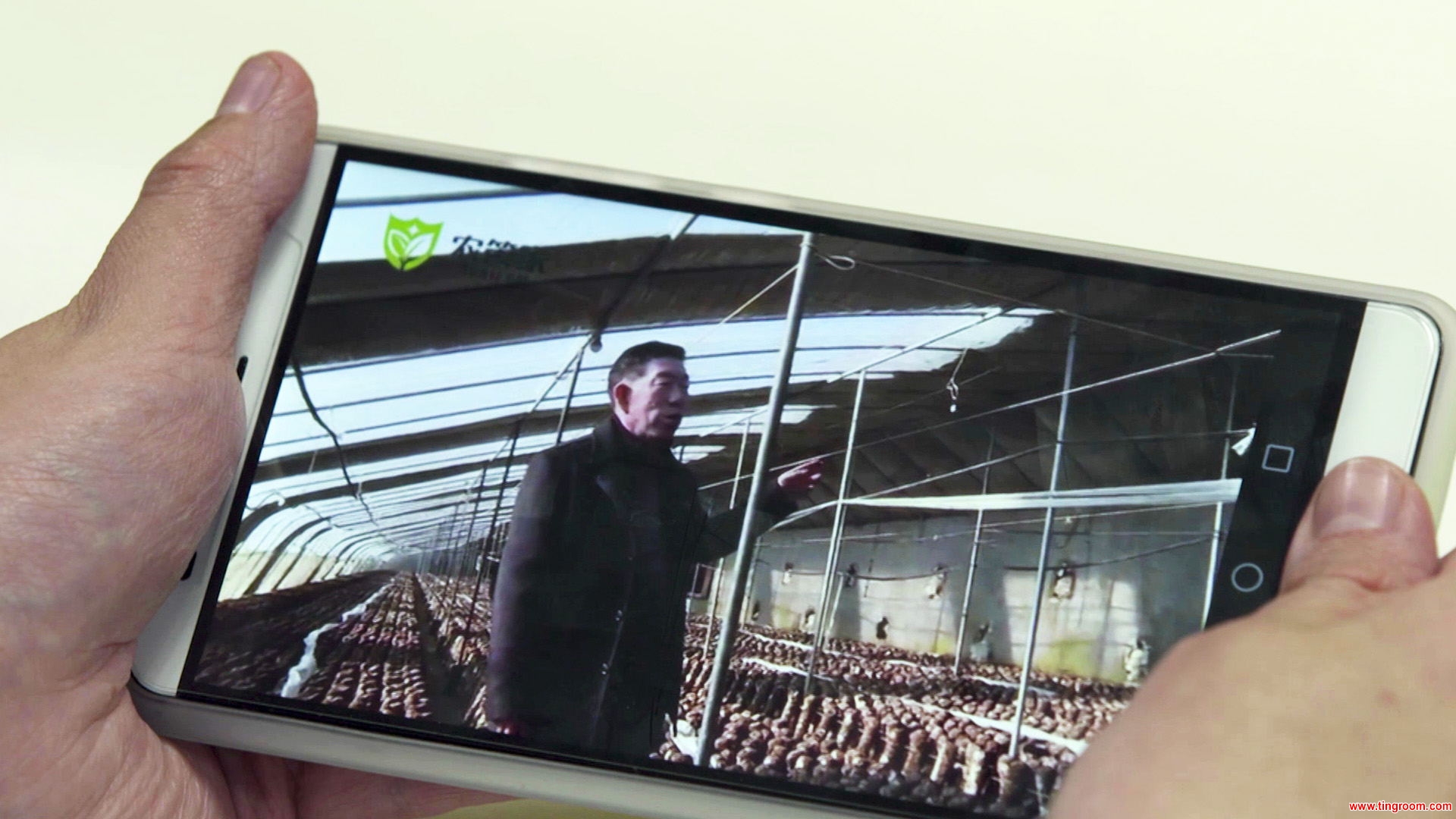
The users can consult with agricultural experts instantly during the cultivation season by sending them a few photos or text messages and by taking online video classes. They can also work with Nongguanjia to locate sales channels for their products. The platform profits by charging its partnership companies commissions.
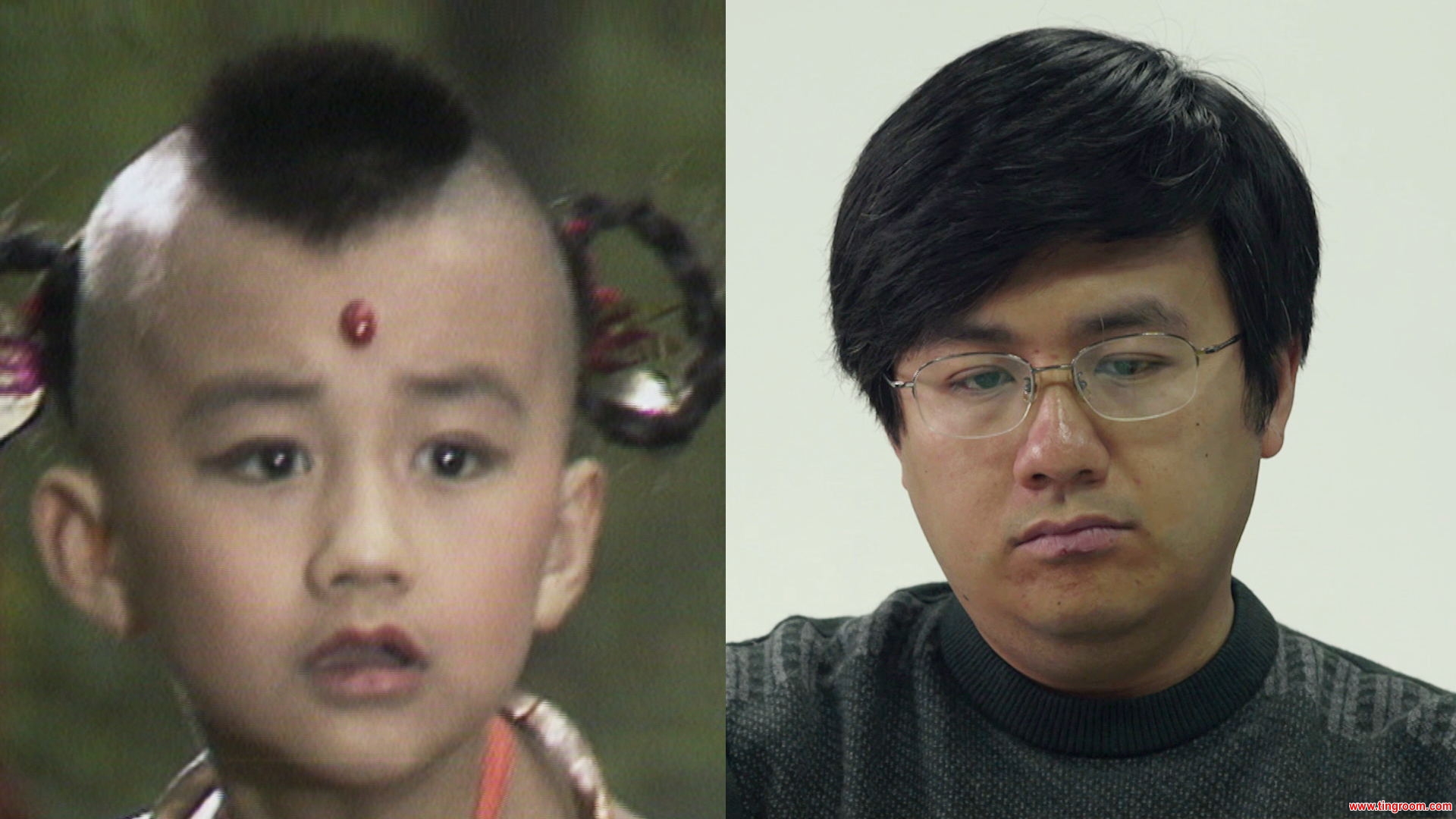
Nongguanjia’s smartphone app was designed by the company’s CTO Zhao Xinpei. Zhao is famous for his child-star acting experiences. He appeared in the well-known 1986 TV drama, The Money King, as a young demon called the “red child.”
Click the video to watch an excerpt of Zhao’s 1986 acting and find out how Nongguanjia’s smartphone app provides one-stop services for farmer.